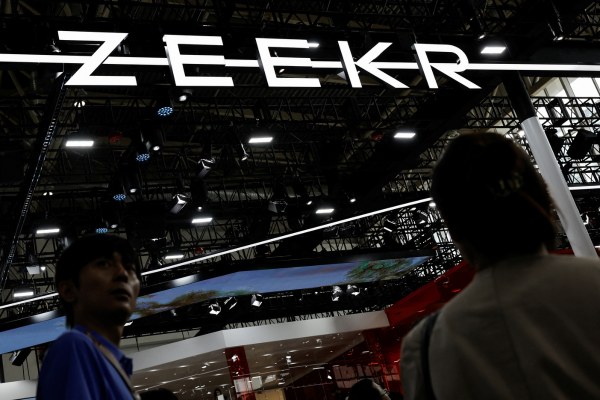The changing future of contingent work
Sponsored by Guidant Global
The expectations of workers and their employers have changed following the pandemic. We have seen an end to the office-based, nine-to-five five-day week as the default way of working: neither workers nor employers want this as an exclusive option anymore. The stresses caused by the pandemic have reminded employers that, to get the best from their workers, they need to be mindful of employee wellbeing.
These changes equally affect an external workforce that has become an inextricable part of the workforce mix. Employers are looking to them as a way of recruiting at pace as economies expand after the pandemic. They also seek the flexibility that contingent workers provide in case further pandemic control measures come into play.
At the same time, specialist and skilled workers, who had a taste of flexibility during the pandemic, are increasingly choosing contingent work because it enables them to maintain their lifestyle and prioritise the most rewarding work opportunities. Inevitably, this is driving up competition for the best talent.
A new approach
We believe that a radically new approach is needed given these changes in the market for contingent workers. Employers must take a wider perspective with increased focus on the quality, productivity and output of their teams. It is time to think differently about how work gets done within your organisation.
So how should employers change their approach if they are to succeed in attracting the best contingent talent?
Focus on people, not roles
Employers must move to a genuine focus on people, and understand the support, systems and processes that will enable them to attract the best talent. Part of this will involve a drive for greater diversity in the workforce. Diverse workforces are generally happier workforces and have been proven to deliver benefits in terms of productivity and innovation.
Unfortunately, in the past the contingent workforce has not always been treated with the same thought and care as regular employees. Today, with greater competition for talent, employers must recognise that contingent workers need to be treated better; that respect, flexibility, opportunity and belonging are just as important to them as money.
Use data and technology
Data underpins much of recruitment and powers the digital talent technologies that enable good management, visibility and better quality of service. Critical services such as onboarding, time management and payment of an on-demand workforce become far easier with appropriate automation.
Direct-sourcing technologies are another useful tool. These enable the identification, assessment and engagement of talent from a pool of candidates. For instance, The Mom Project connects experienced women to employers looking for senior executives who want to work on a part-time basis.
Strengthen the employer brand
Employers must think carefully about their employer value proposition (EVP). When competing for global talent, the EVP plays a critical role in persuading somebody halfway across the world to choose them. The EVP must be aspirational, authentic and credible, and highlight opportunities around autonomy, innovation, career progression and status to foster real candidate attraction.
Crafting a strong EVP requires realism, planning and a genuine desire to improve outcomes. None of this is simple, but the benefits are very real. According to research by Gartner, organisations that effectively deliver on their EVP can reduce the compensation premium by 50 per cent.
Succeeding in the new world
With a rise in contingent working, issues once reserved for traditional employees, such as career progression, diversity and employer branding, must be considered for the extended workforce. This requires a service which can combine technology and process, partnership opportunities with new recruitment channels, and advice from credible, experienced professionals, to form a bespoke solution built around customers’ needs.
As well as increasing access to the global talent market using new digital channels, employers need to adopt emerging technologies that drive quality and efficiency, and which support scaling. Technology is only part of the equation: employers must also recognise the need for a more people-centred approach to recruitment that will enable them to succeed in an increasingly competitive contingent employee environment.
Brian Salkowski is chief operating officer at Guidant Global

Business Reporter Team
Most Viewed
23-29 Hendon Lane, London, N3 1RT
23-29 Hendon Lane, London, N3 1RT
020 8349 4363
© 2024, Lyonsdown Limited. Business Reporter® is a registered trademark of Lyonsdown Ltd. VAT registration number: 830519543





